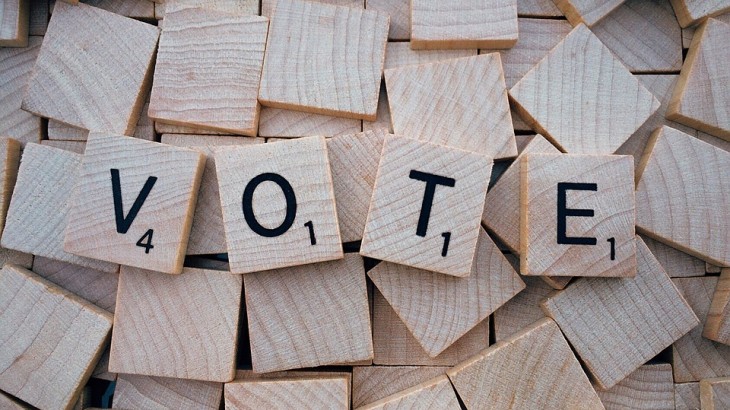As campaigning in Maharashtra, Haryana begins, parties are back to promises. How will voters choose?
It was one year ago that India’s parliament passed the landmark Food Security Act legislation, the Right to Food. The FSA guarantees subsidized rice, wheat and coarse cereals to 75 per cent of rural, and 50 per cent of urban households. The poorest families receive 35 kilos of foodgrain per month. They pay a price of Rs 3 for rice, Rs 2 for wheat and Re 1 for jowar and bajra, per kilo.
The FSA was passed with support of all parties, including the Congress and BJP. The estimated cost of the subsidy could be more than 2 per cent of GDP, i.e. Rs 200,000 crore. This high cost did not deter the politicians, although it caused much dismay among some economists (known as “fiscal fundamentalists”). However during the debates prior to FSA passage there were dissenting voices even within the UPA. Both, the Finance and Agriculture Ministers had expressed reservations. The Agriculture Minister had commented that if rice could be bought at Rs 3 per kilo, but cost Rs 15 per kilo to produce, why would any farmer bother producing rice? What if farmers switched to something else, and lined up en masse to get highly subsidized rice and wheat from FSA ration shops? Despite these objections, the cabinet passed the FSA.
The FSA was supposed to be the UPA’s trump card to woo voters in the Lok Sabha elections. But the national mandate in May, and before that, the mandate in Rajasthan and other states, seem to have rejected the politics of subsidies, doles and freebies. The voters want livelihoods, jobs and lower inflation. Not just free food.
This does not seem to be the interpretation now. As parties begin campaigning for Maharashtra and Haryana Assemblies, they are back to promising freebies. They are ignoring the lesson learnt from the rejection of subsidy and dole raj. (Or was that a wrong conclusion?) The general tenor from all parties seems to be that we will provide free, or nearly free and subsidized goods to you. In Haryana, the BJP is offering foodgrain at Rs 1 per kilo to BPL families and also free medical treatment. In Maharashtra, the Congress has further increased the scope of the almost-free health insurance scheme. Near-free electricity will now also cover farmers with bigger pumps. The Shiv Sena is promising free tablet computers and free internet access. Will the voter reward promises of such freebies? It didn’t work in Lok Sabha or in Rajasthan, and it also didn’t work in Tamil Nadu in the past. TN always seems to see-saw, despite the freebie shower. With a debt burden of Rs 3 lakh crore, the state of Maharashtra can ill afford any more freebies. We need to save on subsidies and increase development spending. It’s better to promise a state “free of tankers”, or “free of power shortage”, or “free of suicides” and “free of corruption”.
Hence, rather than freebies in manifestos, perhaps the voter will choose a party. But as elections get more personal for the voter, parties matters less and candidates matters more. As we go from national to state to municipality or panchayat to a housing society, what matters increasingly is the person, not the party.
However, in Maharashtra, with a four or five way tussle in each constituency, it is wishful thinking to assume that the party will not matter. Even then, how do we evaluate a candidate without reference to his party? Look at his track record of public service and credibility. Do a Google search on him. Does he live in his constituency? Are his finances transparent? Does he have any criminal record? Many citizens’ groups like Mumbai Votes and Praja as well as the media and social media are already putting out detailed info on the candidates.
Do study this. What should ideally not matter is caste, creed or religion.
The article was originally published on Mumbai Mirror website.
